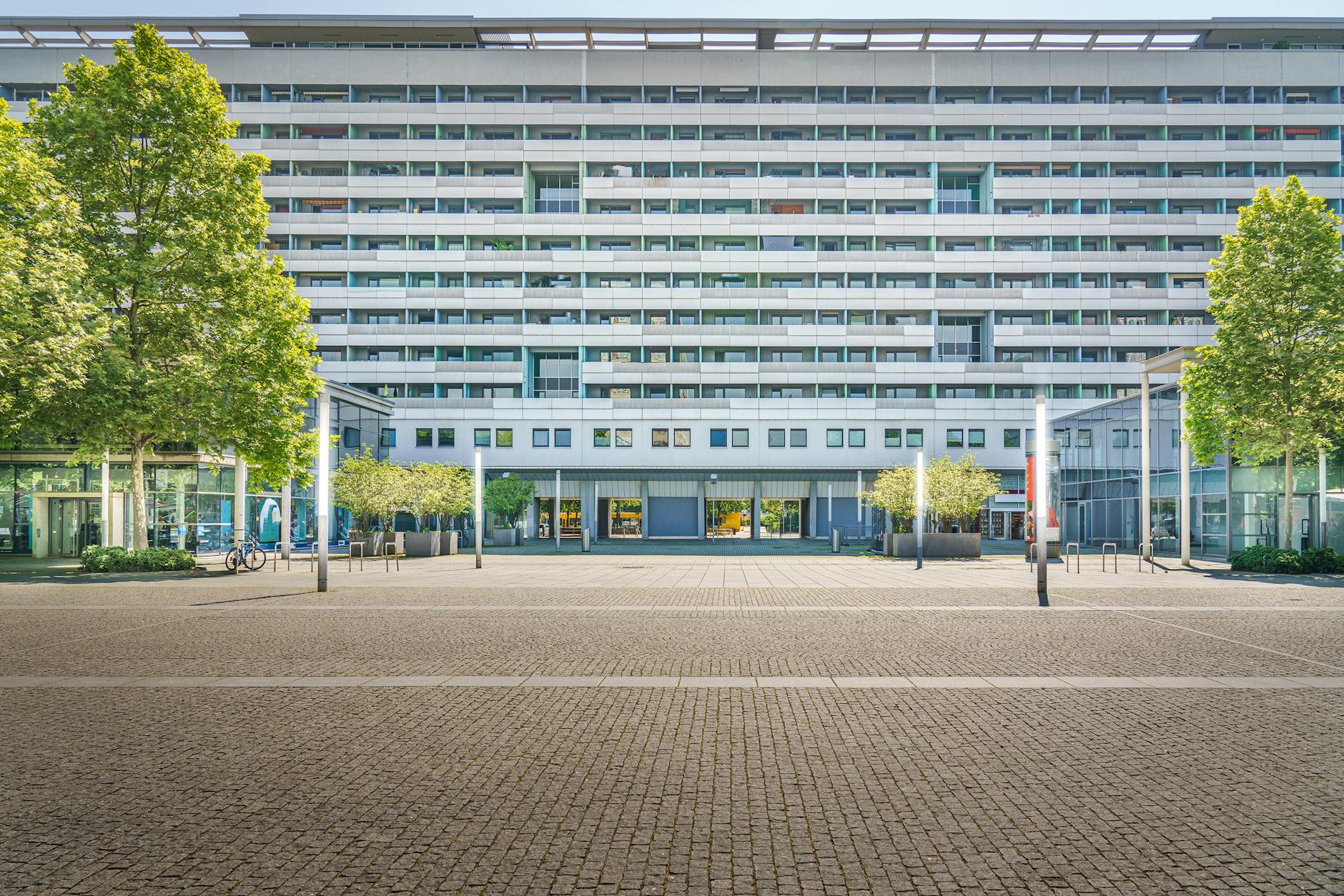Emerging Trends in Commercial Real Estate Leasing and Brokerage
Emerging trends in commercial real estate leasing and brokerage are reshaping how businesses approach property acquisition and management. As the commercial real estate (CRE) sector evolves, driven by technological advancement, shifting economic dynamics, and changing tenant preferences, stakeholders must stay informed to remain competitive. This article explores the key developments influencing leasing strategies and brokerage services, highlighting innovations that redefine market practices. From the integration of data analytics and sustainability initiatives to flexible lease models and enhanced tenant experiences, these trends reflect a sector in transformation. Understanding these changes is essential for investors, landlords, brokers, and tenants aiming to optimize value and navigate the increasingly complex commercial property landscape effectively.
Technology and data-driven decision-making
Technology is at the forefront of transforming commercial real estate leasing and brokerage. The adoption of advanced data analytics tools enables brokers and landlords to make more informed decisions regarding property valuation, tenant targeting, and lease structuring. Platforms leveraging artificial intelligence (AI) and machine learning are improving market forecasting and risk assessment by processing large datasets to identify patterns invisible to traditional methods.
Additionally, virtual reality (VR) and augmented reality (AR) technologies are gaining traction by providing immersive property tours, thereby accelerating the decision-making process. Digital platforms that streamline transaction management—from lease negotiations to contract signing—enhance operational efficiency and reduce time-to-closing, which benefits all parties involved.
Rise of flexible lease models
The demand for flexibility in lease terms is a significant trend reshaping the commercial leasing landscape. Increasingly, tenants seek customizable lease durations, options for scaling space up or down, and mixed-use arrangements that accommodate hybrid work models. This shift is a response to economic uncertainties and evolving workplace norms, especially in the wake of the COVID-19 pandemic.
Landlords and brokers are adapting by offering short-term leases, co-working spaces, and modular office layouts. These arrangements allow businesses to mitigate risks associated with long-term commitments while benefiting from prime locations and amenities. Flexible leasing also encourages higher tenant retention, as the space effectively evolves with the tenant’s needs.
Sustainability and ESG integration
Environmental, social, and governance (ESG) criteria have become central to commercial real estate decision-making. Investors and tenants are prioritizing properties with sustainable designs, energy-efficient systems, and strong governance practices. Brokers play a pivotal role in highlighting these attributes to attract environmentally conscious tenants and institutional investors.
Green building certifications such as LEED and WELL are increasingly used as benchmarks for marketability and valuation. Properties that integrate renewable energy sources, water-saving fixtures, and waste reduction programs are often able to command higher rents and enjoy longer lease terms. ESG integration isn’t just an ethical imperative; it has become a crucial factor in competitive positioning.
The rise of tenant experience and technology-enhanced services
Improving tenant experience through technology and amenities is becoming a priority for landlords and brokers seeking to differentiate their offerings. Smart building technologies, including IoT-enabled systems for lighting, climate control, and security, are standard features in modern commercial properties. These innovations contribute to occupant comfort and operational cost savings.
Service enhancements such as app-based maintenance requests, digital community platforms, and wellness amenities contribute to higher tenant satisfaction and retention rates. Brokers are increasingly acting as consultants, advising landlords on how to create environments that meet the evolving expectations of tenants, particularly those from tech-savvy and younger demographics.
Market dynamics and integration of brokerage services
The brokerage landscape is also shifting toward integration and specialization. Firms are consolidating services to offer end-to-end solutions, including leasing, asset management, and tenant advisory. This trend is driven by clients’ demand for streamlined communication and coordinated strategies across multiple property types and markets.
Moreover, specialized brokers focusing on niche sectors such as life sciences, logistics, or data centers are emerging to meet specific market demands. This segmentation allows for deeper market knowledge and tailored brokerage approaches that can unlock value and reduce transaction friction.
| Trend | Impact on leasing | Brokerage implications |
|---|---|---|
| Technology and data analytics | Faster, more accurate property selection and lease structuring | Data-driven client advisory and transaction management |
| Flexible lease models | Responsive lease terms to tenant needs and market conditions | New lease products and portfolio management strategies |
| Sustainability and ESG | Higher demand for certified green spaces with operational efficiencies | Focus on ESG marketing and investment positioning |
| Tenant experience technology | Enhanced occupant satisfaction and longer lease retention | Consultative role in property enhancements and tech integration |
| Brokerage integration and specialization | More seamless tenant-landlord interactions and tailored market approaches | Consolidated service offerings and niche market expertise |
In conclusion, the commercial real estate leasing and brokerage sectors are undergoing rapid transformation driven by technology, shifting tenant expectations, and sustainability considerations. The integration of data analytics and virtual technologies is streamlining transactions and decision-making processes, while flexible lease models reflect a market adapting to economic volatility and new working methods. ESG factors have moved from a niche concern to a mainstream requirement influencing both tenant preferences and investment valuations. Enhancing tenant experience through technology is another critical aspect that adds value to commercial properties and fosters retention. Finally, the evolving role of brokers—offering more integrated, specialized services—signifies a more complex but opportunity-rich market landscape. Staying informed and agile in response to these trends is essential for market participants aiming to maximize success in the competitive CRE environment.
Image by: Jakub Zerdzicki
https://www.pexels.com/@jakubzerdzicki
editor's pick
latest video
news via inbox
Nulla turp dis cursus. Integer liberos euismod pretium faucibua

